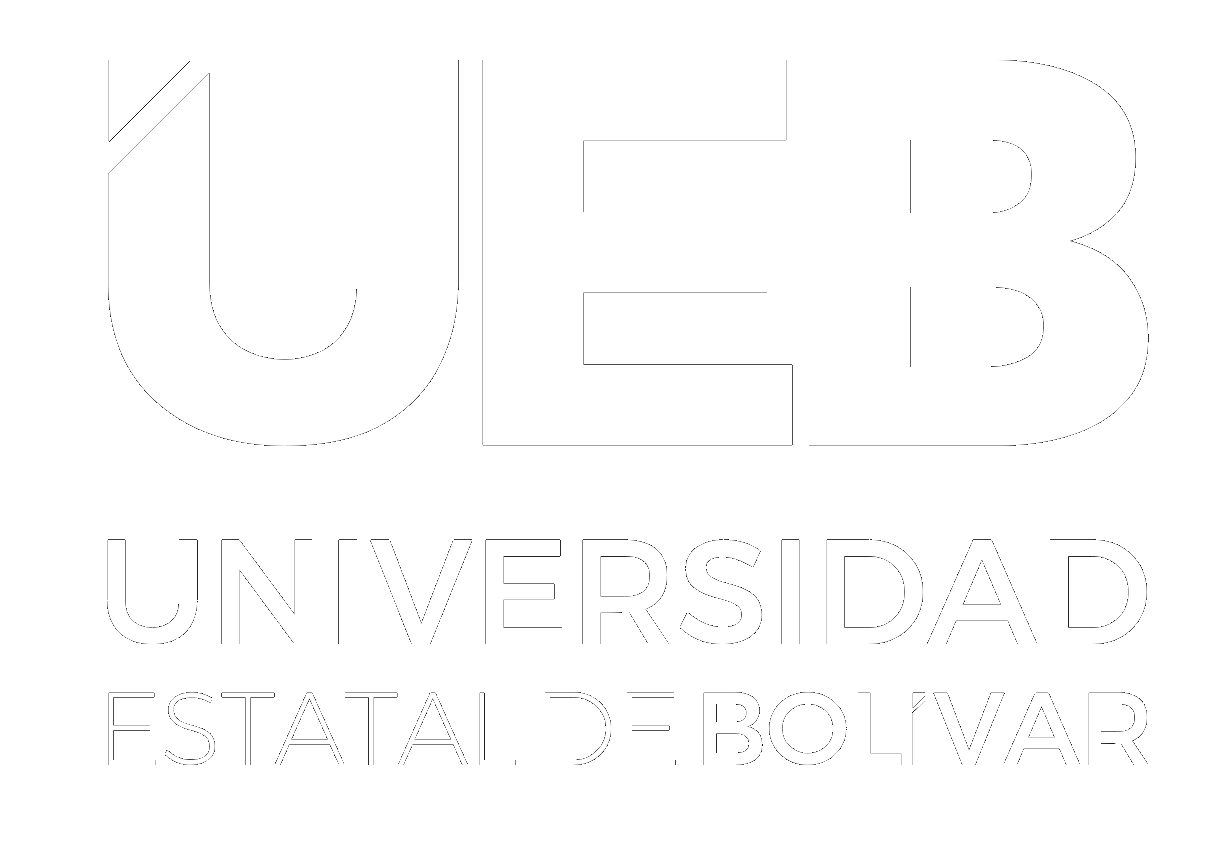Por favor, use este identificador para citar o enlazar este ítem:
https://dspace.ueb.edu.ec/handle/123456789/3346Registro completo de metadatos
| Campo DC | Valor | Lengua/Idioma |
|---|---|---|
| dc.contributor.advisor | Núñez, Víctor Hugo | - |
| dc.contributor.author | Coello Villa, Mayra Cecilia | - |
| dc.date.accessioned | 2020-01-17T22:01:39Z | - |
| dc.date.available | 2020-01-17T22:01:39Z | - |
| dc.date.issued | 2020 | - |
| dc.identifier.uri | http://dspace.ueb.edu.ec/handle/123456789/3346 | - |
| dc.description | The research presented below focused on the search for a solution to the problem presented by the children of the Princeton Garden School of the Riobamba canton who had not reached the level of significant development according to their age group. In order to solve this situation, the methodology proposed by the Agazzi Sisters emerges as a proposal to generate learning environments that achieve the challenge of acquiring significant knowledge. To comply with the objectives and verify the efficiency of the methodology, the research was carried out under a quasi-experimental quantitative field methodological approach, applying the Childhood Learning and Development Test (TADI) in an experimental and control group of children. The information was collected before and after the application of the didactic proposal based on the Agazzian methodology, which highlights the activities using real resources and tools for everyday use in natural environments. The results obtained pointed to the children to whom the Agazziana methodology was applied and the definition of a better development of meaningful learning than population control. These results were supported by the t-student statistical test to compare matched media where it was obtained that the average behavior of children in the experimental group in the post-test event versus the level of development and learning was higher than the pre-test event and that these Results had a level of significance greater than 95%, checking the hypothesis and concluding that the Agazziana method applied at early ages allowed children to experience their improved environment, improving their ability to acquire enduring knowledge over time thus despairing meaningful knowledge and fostering an autonomous, secure and integral critical spirit. Keywords: significant learning, integral development, Agazziano method, home corner. | en_US |
| dc.description.abstract | La investigación a continuación presentada se centró en la búsqueda de una solución a la problemática presentada por los niños de la escuela Princeton Garden School del cantón Riobamba quienes no habían alcanzado el nivel de desarrollo significativo acorde a su grupo etario. Para solventar tal situación surge como propuesta emplear la metodología propuesta por las Hermanas Agazzi a fin de generar ambientes de aprendizaje que logren estimular la adquisición significativa de conocimiento. Para dar cumplimiento a los objetivos y comprobar la eficiencia de la metodología se realizó la investigación bajo un enfoque metodológico cuantitativo cuasi experimental de campo, aplicando el Test de Aprendizaje y Desarrollo Infantil (TADI) en un grupo experimental y de control de niños. La recolección de la información se realizó previa y posteriormente a la aplicación de la propuesta didáctica basada en la metodología agazziana, donde destacaban actividades empleando recursos y herramientas reales y de uso cotidiano en entornos naturales. Los resultados obtenidos apuntaron a que los niños a los cuales se les aplicó la metodología agazziana presentaron un mejor desarrollo de aprendizaje significativo que la población control. Estos resultados fueron respaldados por la prueba estadística t student para comparar medias emparejadas donde se obtuvo como resultado que efectivamente que el comportamiento promedio de los niños del grupo experimental en el evento postest frente al nivel de desarrollo e aprendizaje era mayor al evento pretest y que estos resultados contaban con un nivel de significancia mayor al 95%, comprobando la hipótesis y concluyendo que el método Agazziano aplicado en edades tempranas permiten a los niños experimentar su entorno mejorando su capacidad adquirir conocimiento perdurables en el tiempo despertando así el conocimiento significativo y fomentando un espíritu crítico autónomo, seguro e integral. Palabras clave: aprendizaje significativo, desarrollo integral, método Agazziano, rincón del hogar. | en_US |
| dc.language.iso | spa | en_US |
| dc.publisher | Maestria en Educaciòn Inicial | en_US |
| dc.relation.ispartofseries | MEDI;64 | - |
| dc.rights | info:eu-repo/semantics/openAccess | en_US |
| dc.subject | MAESTRIA EN EDUCACION INICIAL | en_US |
| dc.subject | MÉTODO AGAZZIANO | en_US |
| dc.subject | APRENDIZAJE SIGNIFICATIVO | en_US |
| dc.subject | ESCUELA PRINCETON GARDEN SCHOOL | en_US |
| dc.subject | PROVINCIA DE CHIMBORAZO | en_US |
| dc.subject | CANTÓN RIOBAMBA | en_US |
| dc.subject | PARROQUIA VELOZ | en_US |
| dc.subject | 2019-2020 | en_US |
| dc.title | El método agazziano y el aprendizaje significativo en niños del inicial ii de 4-5 años de la escuela princeton garden school de la provincia de Chimborazo, cantón Riobamba, parroquia Veloz durante el año lectivo 2019-2020 | en_US |
| dc.type | masterThesis | en_US |
| Aparece en las colecciones: | Maestria en Educación Inicial | |
Ficheros en este ítem:
| Fichero | Descripción | Tamaño | Formato | |
|---|---|---|---|---|
| Mayra Coello 10.pdf | Archivo PDF | 4,96 MB | Adobe PDF | Visualizar/Abrir |
Los ítems de DSpace están protegidos por copyright, con todos los derechos reservados, a menos que se indique lo contrario.

